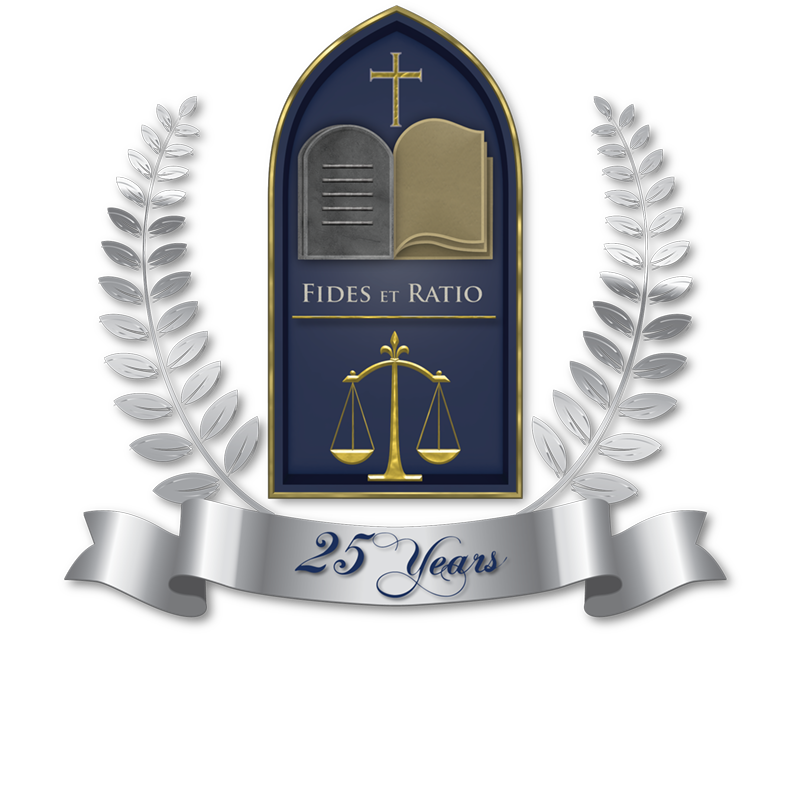FINRA: Protection or Tyranny

By: Wendell Powell II
Smith Business Law Fellow
J.D. Candidate, Class of 2025
The U.S. Securities and Exchange Commission (SEC) is responsible for enforcing federal securities laws and regulating the financial industry.[1] How the SEC pursues this end is a complex issue, but its mission to “protect investors by vigorously enforcing the federal securities laws to ensure truth and fairness” is as clear as day.[2] Amid a global financial crisis, the SEC approved the consolidation of the National Association of Securities Dealers (NASD) and the New York Stock Exchange Member Regulation – they are known jointly known as the Financial Industry Regulatory Authority (FINRA).[3]
FINRA is a self-regulated organization that oversees broker-dealers and other security firms.[4] “A broker is in the business of buying or selling securities on behalf of its customers or its own account or both.”[5] This includes proprietary firms (known as prop firms), that use their own capital to trade securities rather than trading on behalf of a client. Historically, these firms have enjoyed less regulation than other types of financial institutions.[6] This changed recently when the SEC decided to expand FINRA’s role in broker regulation.[7] Now, prop firms must register themselves as members of FINRA, at their own expense, and they no longer qualify for the former exemptions.[8]
Some firms may view FINRA as the SEC’s new attack dog, however, there are arguments on both sides to either support or detract from this new expansion.
One benefit of the expansion is the deep understanding of the securities that FINRA possesses; which the SEC refers to as “unique and irreplaceable expertise…”[9] This knowledge supports the SEC’s “three-part mission—to protect investors, maintain fair, orderly, and efficient markets…”.[10]
However, there are also potential drawbacks to these new regulations. One concern is that the regulations could lead to increased compliance costs for proprietary firms since the firms are required to join at their own expense. These costs could be particularly burdensome to smaller firms that have insufficient resources to devote to compliance. Another concern is that prop firms may not like the transparency that accompanies membership. The firms may wonder if they will have to disclose trading strategies, and if so, to what extent. Lastly, since FINRA is not a governmental agency (it prides itself on not imposing a burden on taxpayers), it directly benefits from the firms it regulates.[11] This may be a potential conflict of interest. What is to limit FINRA in its ability to fine firms, since it is free to operate autonomously under supposed SEC supervision? FINRA advertises that in 2020, it “levied $57.0 million in fines.”[12]
Despite that, FINRA has served a positive role in investor protection. FINRA “ordered $25.2 million in restitution to harmed investors” that same year.[13] Prevention of misconduct and fraud in the securities industry is certainly a positive, and despite the potential issues the regulations pose, their aim is not malicious. The goal is to limit prop firms from engaging in hazardous trading. When a prop firm complies with the new regulations and receives FINRA’s stamp of approval, it may benefit from a reputational boost and increased credibility.
The expansion of FINRA exemplifies that the SEC is putting their money where their mouth is and developing regulations aimed at achieving their defined goals. Of course, there are concerns about the independence and accountability of FINRA, and the SEC will have to address them to ensure its success. Increased regulation usually means a decrease in freedom, but it also means an increase in investor protection. So, are these new regulations a positive development or not? You decide.
[1] James Chen, Securities and Exchange Commission (SEC) Defined, How It Works Investopedia (2022), https://www.investopedia.com/terms/s/sec.asp#:~:text=The%20SEC%20is%20a%20government,also%20charged%20with%20protecting%20investors (last visited Mar 11, 2024).
[2] Mission, U.S. Securities and Exchange Commission (2023), https://www.sec.gov/about/mission (last visited Mar 11, 2024).
[3] NASD and NYSE Member Regulation Combine to Form the Financial Industry Regulatory Authority, FINRA (2007), https://www.finra.org/media-center/news-releases/2007/nasd-and-nyse-member-regulation-combine-form-financial-industry (last visited Mar 11, 2024).
[4] Firms We Regulate, FINRA, https://www.finra.org/about/firms-we-regulate (last visited Mar 11, 2024).
[5] Id.
[6] Statement, U.S. Securities and Exchange Commission (2023), https://www.sec.gov/news/statement/uyeda-statement-exemption-082323 (last visited Mar 11, 2024).
[7] Id.
[8] Id.
[9] Id.
[10] Our Goals, U.S. Securities and Exchange Commission (2023), https://www.sec.gov/our-goals (last visited Mar 11, 2024).
[11] What We Do, FINRA, https://www.finra.org/about/what-we-do (last visited Mar 11, 2024).
[12] Id.
[13] Id.




